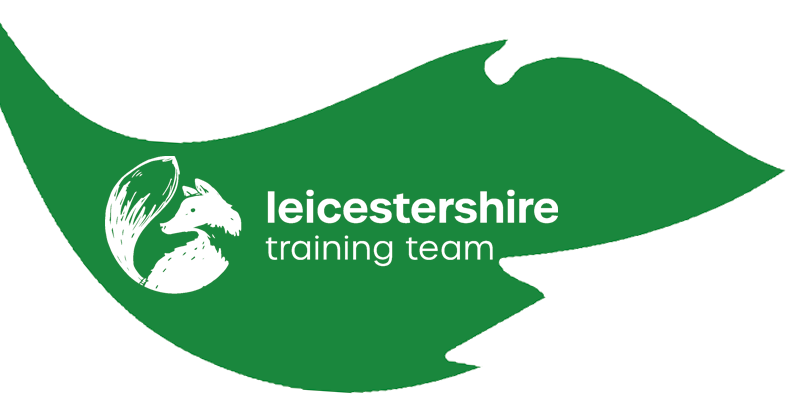Who Needs a Food Hygiene Certificate?
Posted on 29th July 2022
If you run, own, or work in a business that handles food, you may want to get a food hygiene certificate. It is easy to get and it can help out if there is ever an inspection. Here is all you need to know about the process.
What Is a Food Hygiene Certificate?
A food hygiene certificate is a document that says you know all there is to know about properly handling food to ensure it is not contaminated, it is safe, it is clean, and there has not been any cross contamination with other foods or allergens. This certificate proves you are running and maintaining a safe eating environment for everyone who comes through the front door
Who Needs a Food Hygiene Certificate?
Anyone who handles food is eligible to get their food hygiene certificate. Jobs that require or can get the certificate are:
Hotels
Supermarkets
Cafes
Bars and restaurants
Food trucks
School cafeterias
Catering companies
Care centres
Recreational centres
If you are an employee or any kind of worker in these locations, you can get your food hygiene certificate. Although it is not required by law, a lot of institutions require that an employee go through food hygiene training in order to know what to do during an inspection or put into place practices that will constantly keep standards high and keep working conditions on par with what inspectors are looking for when they come for inspection.
What Is the Training Course?
According to the Food Safety Act of 1990, there are four main areas that you will learn about in your food hygiene training course. These areas are referred to as the 4 C’s and they are:
Cooking - ensuring the food is cooked properly and not a health hazard
Cleaning - ensuring all cooking areas are well maintained and free from germs
Cross-contamination - ensuring all surfaces are clean and different foods don’t mix
Chilling - ensuring all food is stored at the proper temperature to guarantee it is not spoiled
Along with these four important elements, the training course also covers personal hygiene like handwashing, keeping your hair tied up, and keeping clothing clean in order to prevent dirt and germs from entering food.
Share this post:





